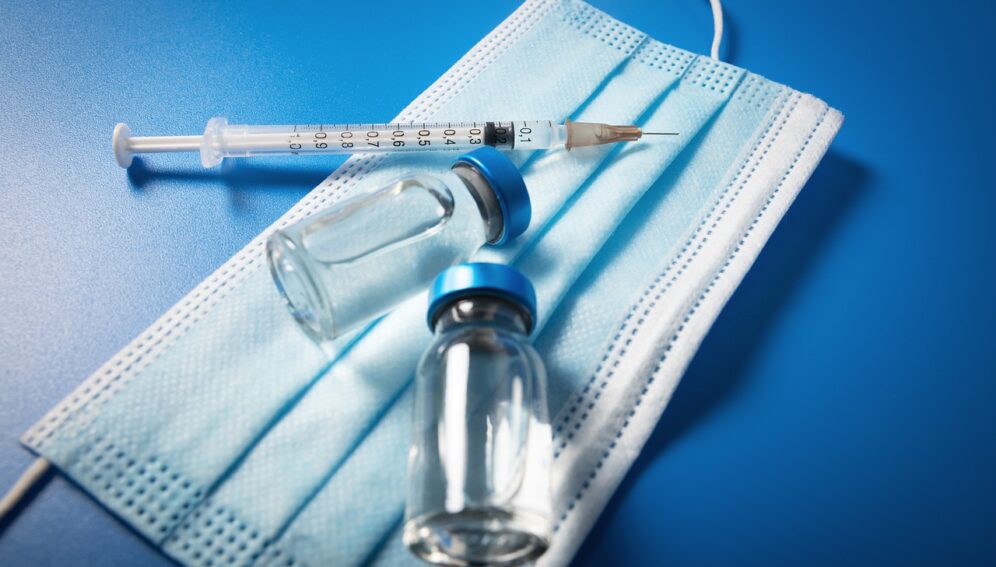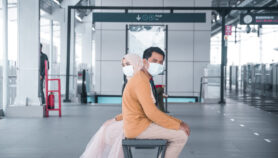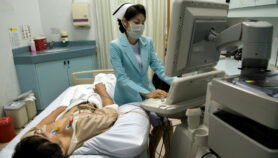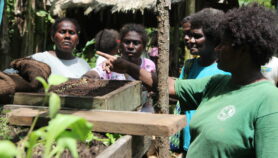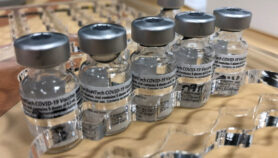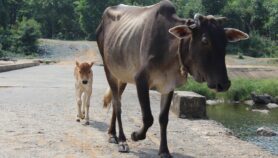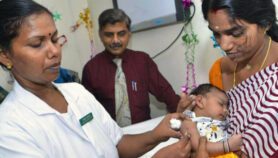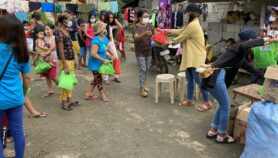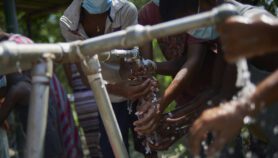By: Sanjeet Bagcchi
Send to a friend
The details you provide on this page will not be used to send unsolicited email, and will not be sold to a 3rd party. See privacy policy.
[NEW DELHI] With nearly one billion people in WHO’s South-East Asia Region yet to be vaccinated against COVID-19 and the Omicron variant of concern spreading, the world health body is urging countries to ramp up vaccination coverage.
Poonam Khetrapal Singh, regional director of WHO South-East Asia Region (WHO-SEARO), says COVID-19 cases in majority of the countries in the region are decreasing. But there is confirmation that the newly-discovered variant, Omicron or B.1.1.529, is spreading and there are fears that its numerous mutations could make existing vaccines ineffective against the Omicron variant, scientists say.
“At no cost should we let our guards down,” says Singh, adding: “Comprehensive and tailored public health and social measures to prevent transmission must continue.”
“At no cost should we let our guards down”
Poonam Khetrapal Singh, WHO South-East Asia Region
WHO-SEARO includes Bangladesh, Bhutan, North Korea, India, Indonesia, Maldives, Myanmar, Nepal, Sri Lanka, Thailand and Timor-Leste.
“This variant has a large number of mutations, some of which are concerning,” said WHO in a statement. The organisation reiterated its recommended containment measures, including wearing well-fitting masks, hand washing, physical distancing, good ventilation of indoor spaces, and vaccination.
A study published 23 November in The Lancet Infectious Diseases indicated that Covaxin or BBV152 — a vaccine “based on whole inactivated coronavirus”, accepted by WHO for emergency use and produced by the Indian vaccine manufacturer Bharat Biotech — showed 50 per cent effectiveness against symptomatic COVID-19.
The study was conducted during the peak of a second wave of the COVID-19 pandemic in India driven by the rapidly transmissible Delta variant. The researchers said that “at the end of April 2021 the Delta variant was the dominant strain, making up more than 80 per cent of all confirmed cases”.
However, Sushmita Roy Chowdhury, director of pulmonology at the Fortis Hospital in Kolkata, India, says that “further study is warranted on the rate of hospitalisation, the severity of the disease and the effectiveness of existing vaccines”.
Diptendra Sarkar, public health specialist and professor of surgery at the Institute of Post Graduate Medical Education and Research, in Kolkata, says: “I would recommend continuing with the vaccination drive with Covaxin and all other approved vaccines. Regardless of the variants of SARS-COV-2 it is important that in a country like India the target population is covered with two doses of the available vaccines.”
Asis Manna, professor and head of the department of microbiology at the Infectious Disease Hospital in Kolkata, tells SciDev.Net that “as Covaxin uses whole virus particles, it seems, at least theoretically, that it may give better protection than subunit vaccines [vaccines that use only specific parts of a virus]”.
In an update on 28 November, the WHO said that it was working with partners to understand the potential impact of Omicron on existing countermeasures, including vaccines. “Current vaccines remain effective against severe disease and death,” it said.
This piece was produced by SciDev.Net’s Asia & Pacific desk.


